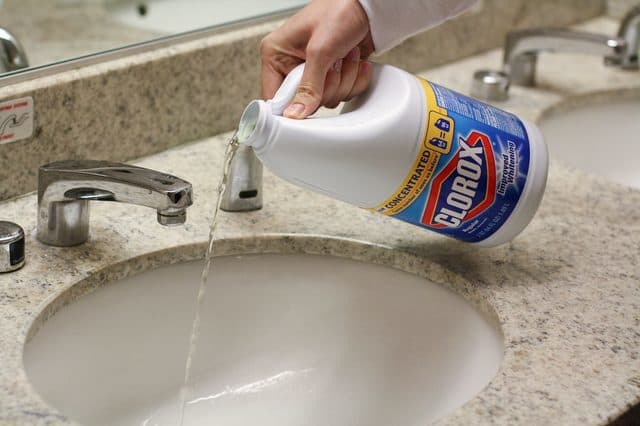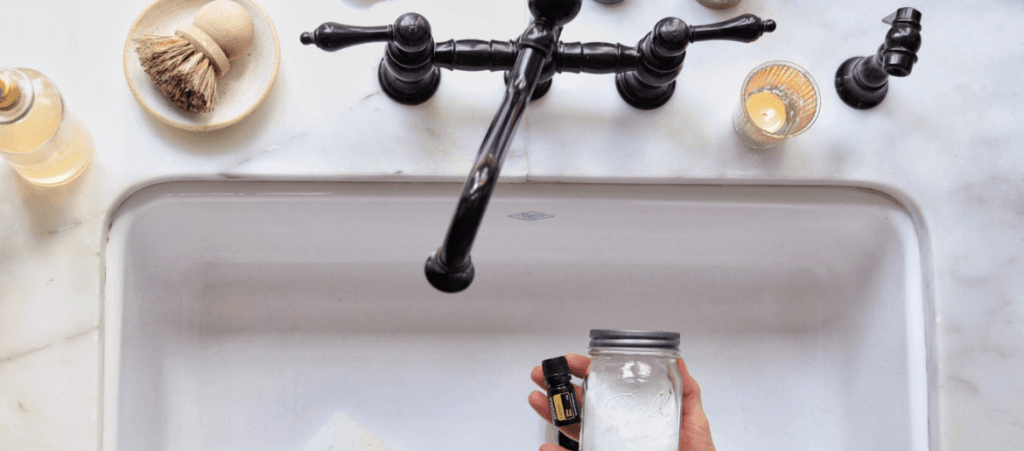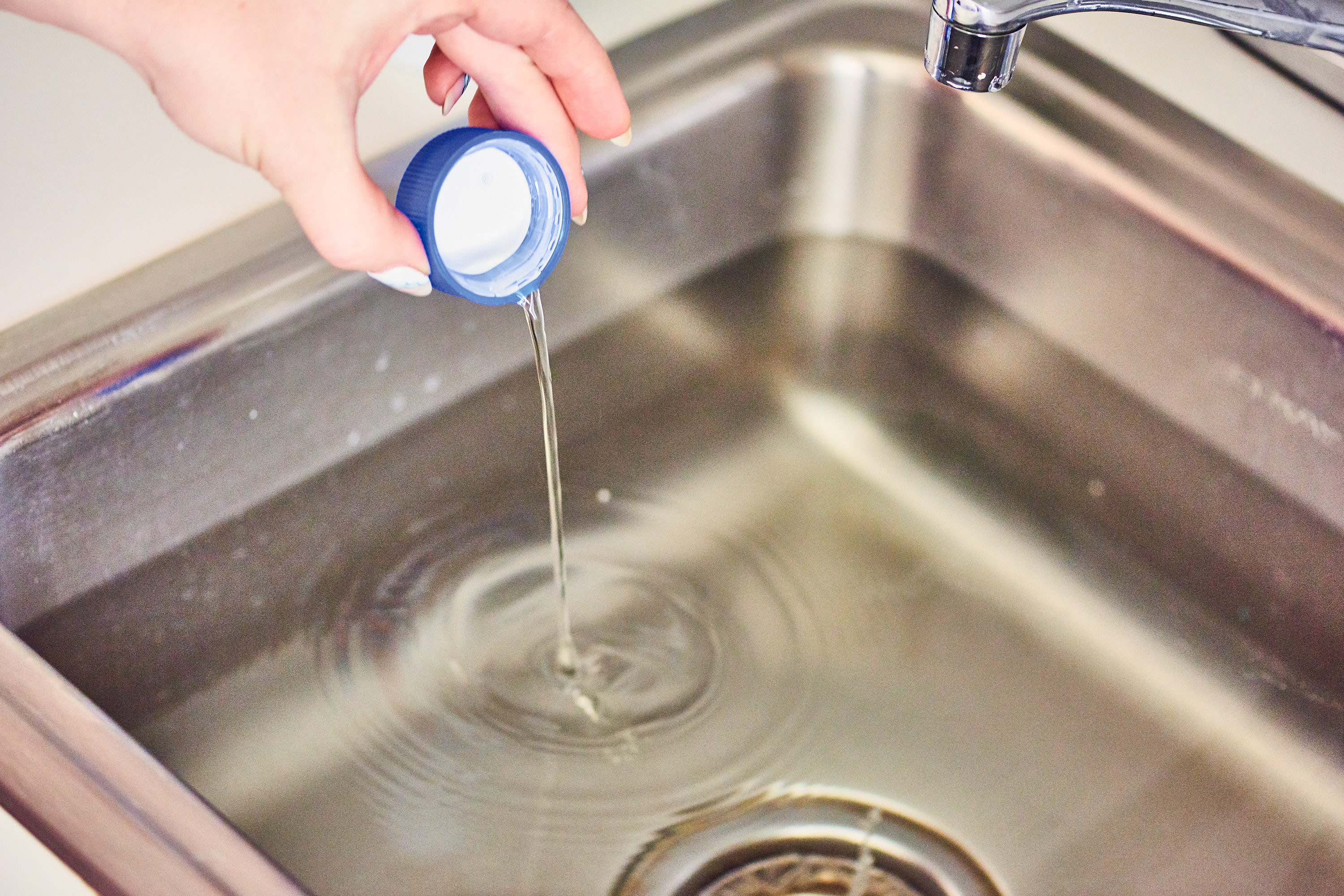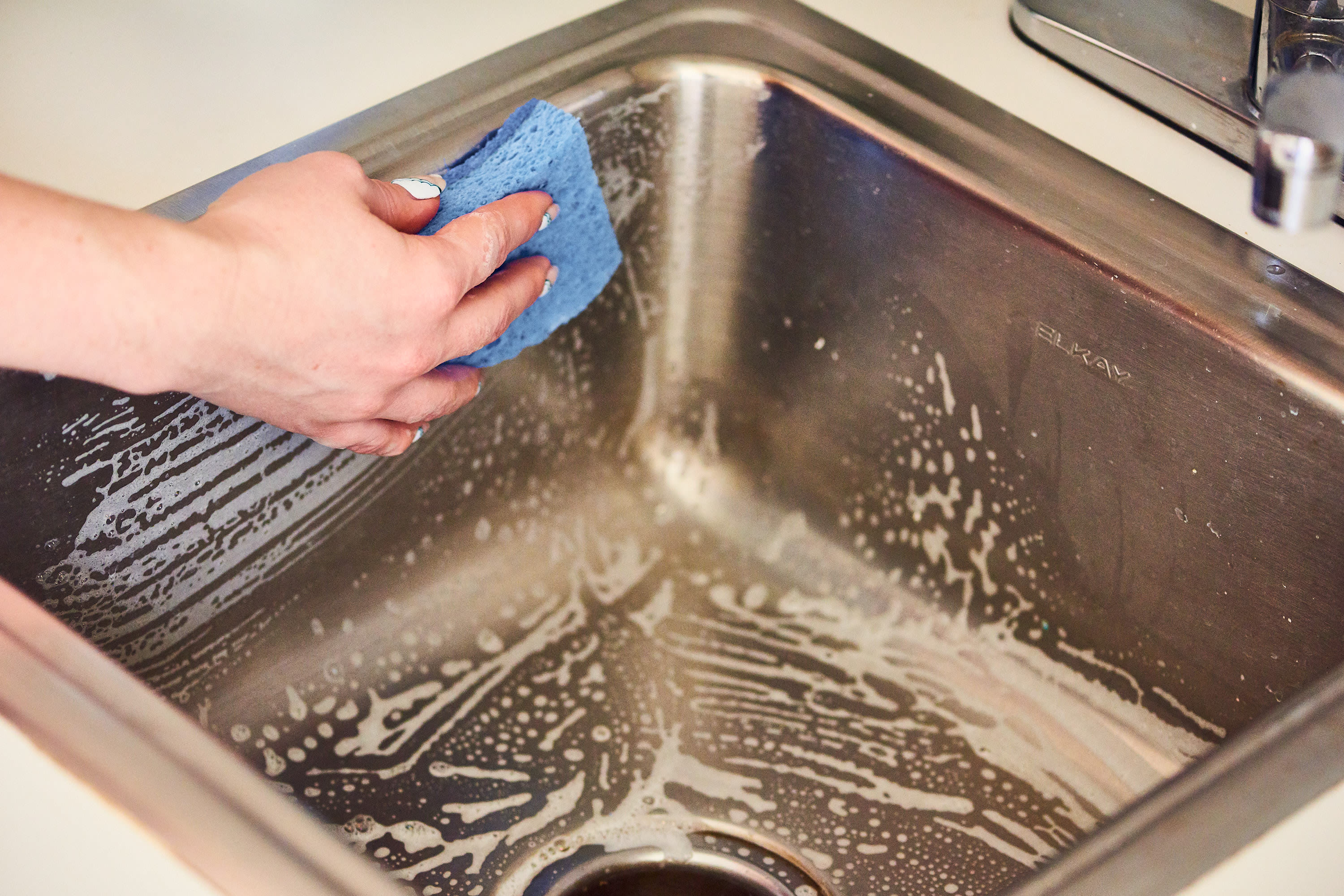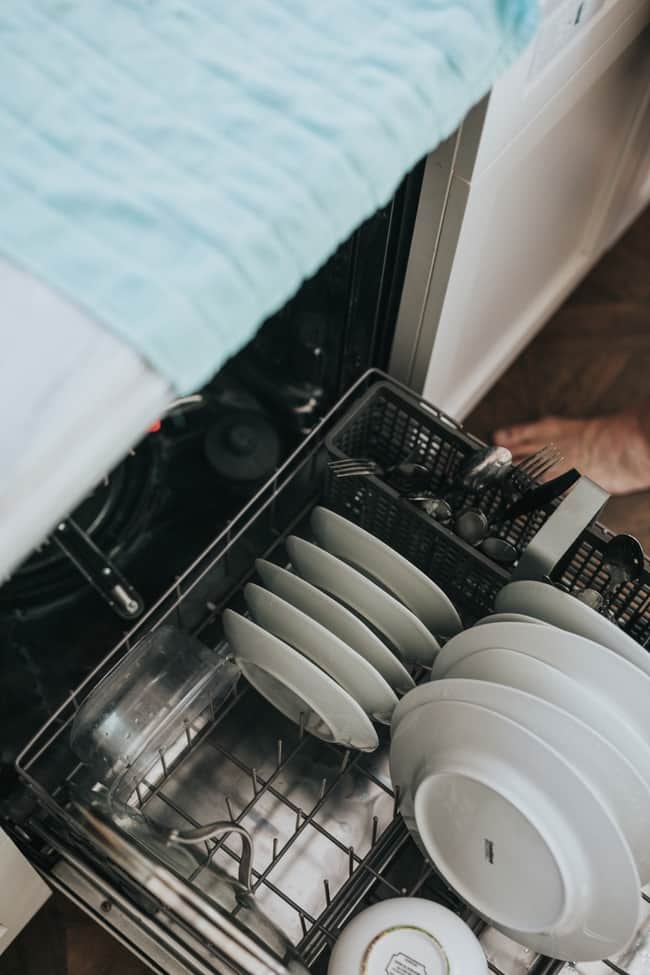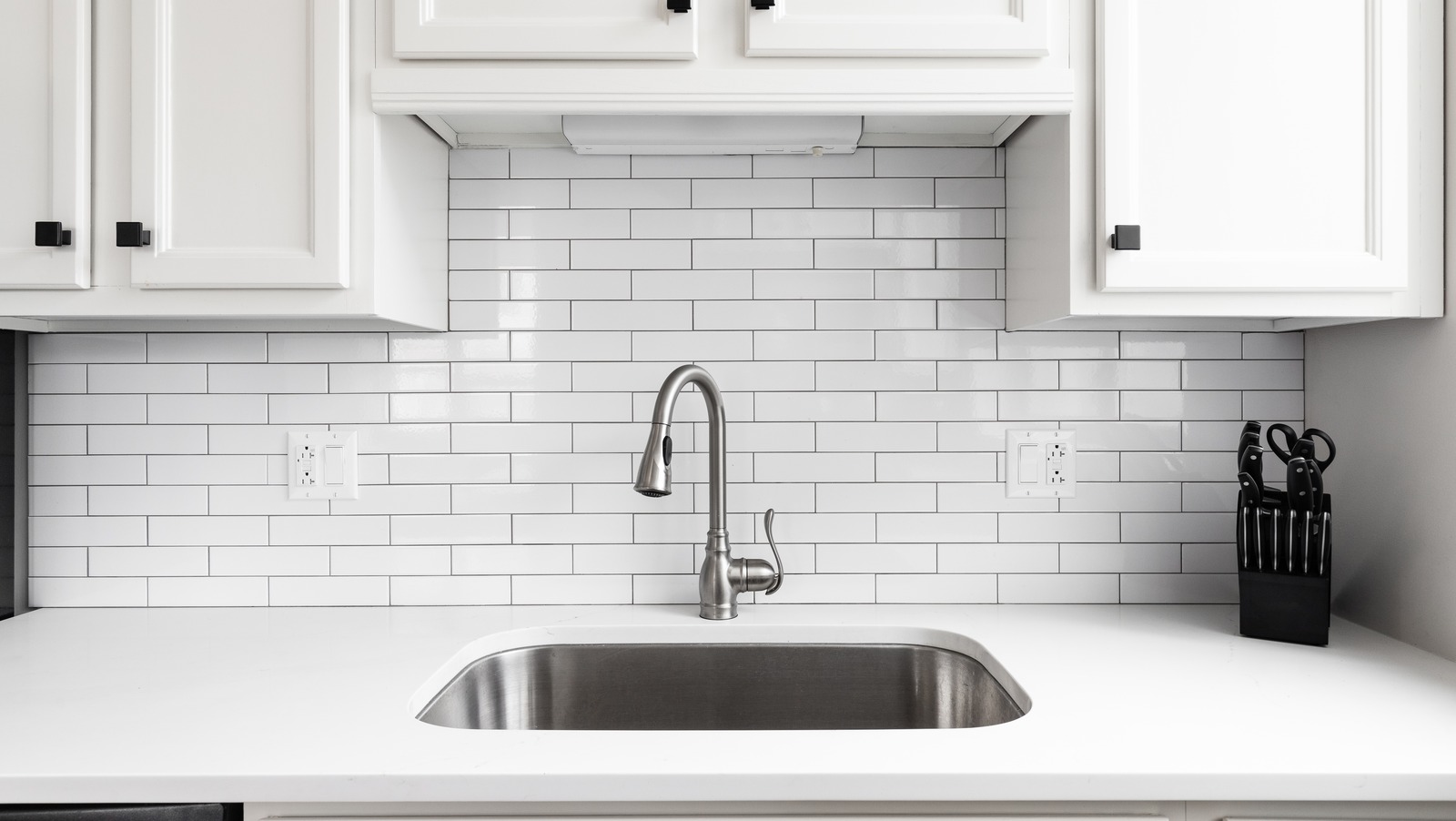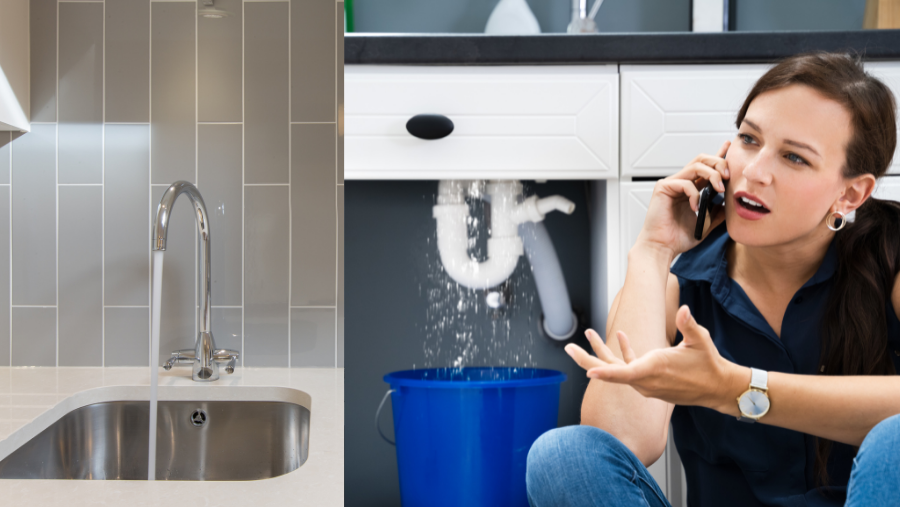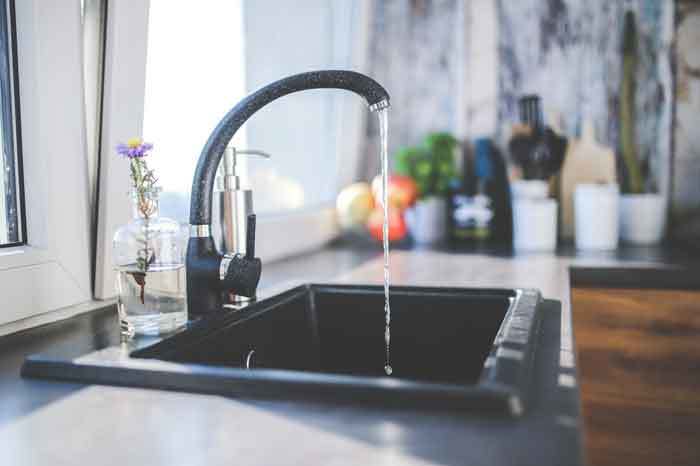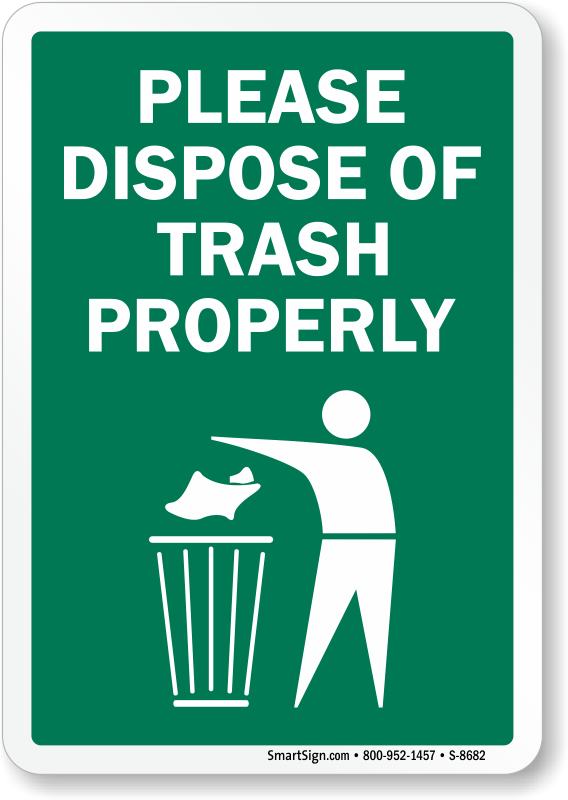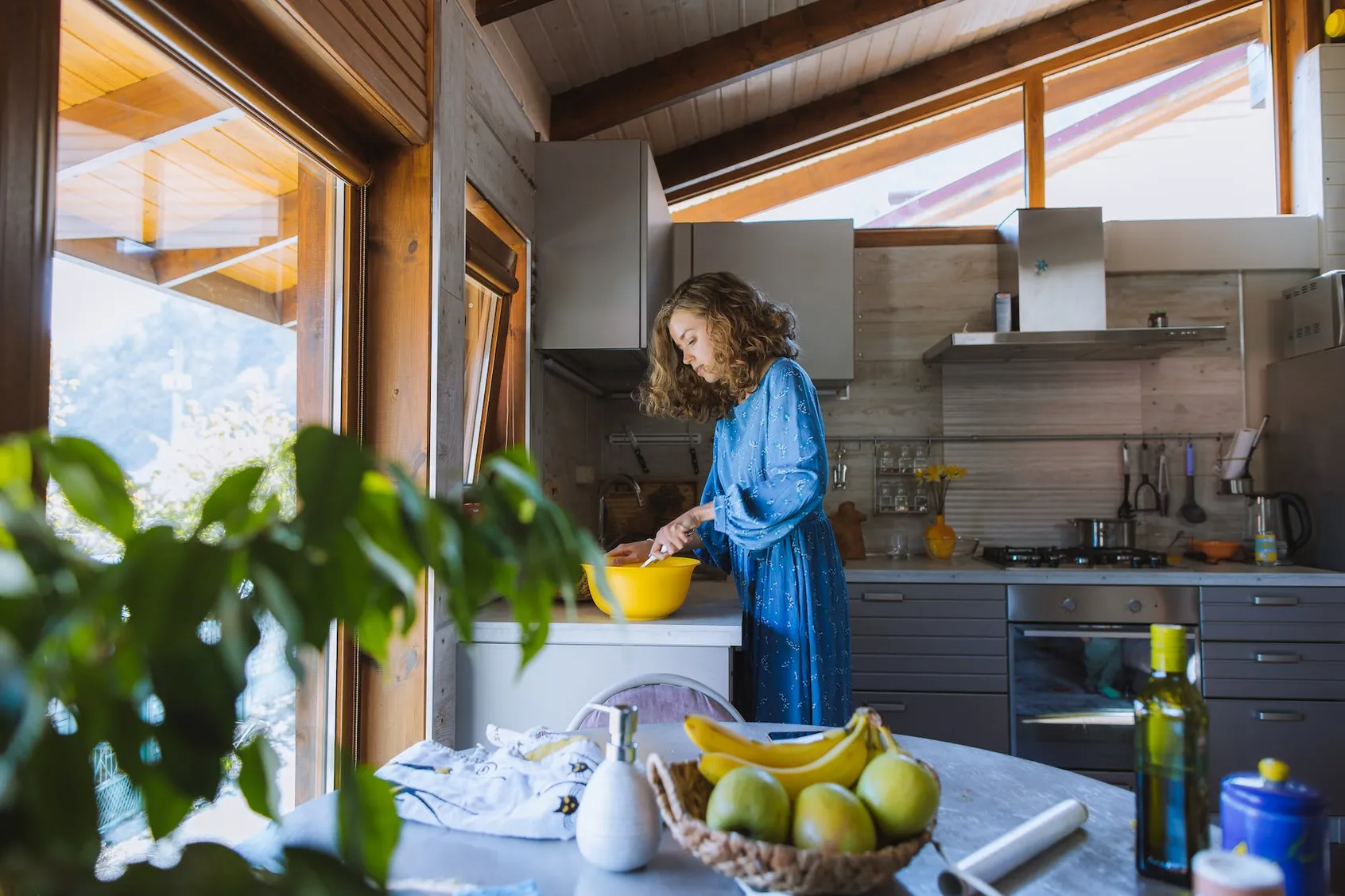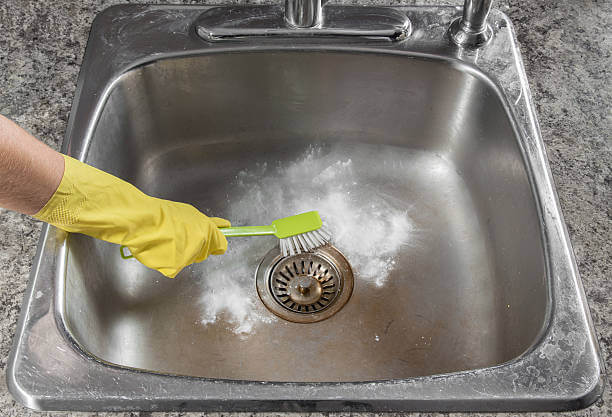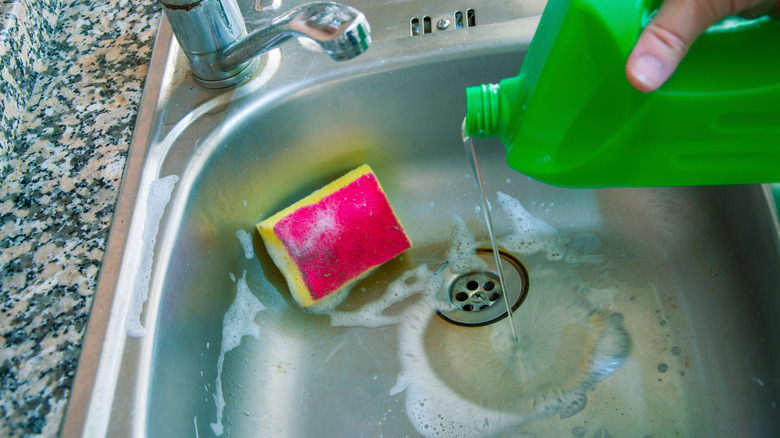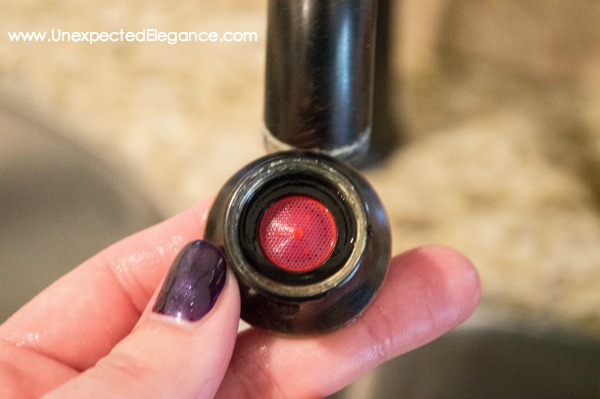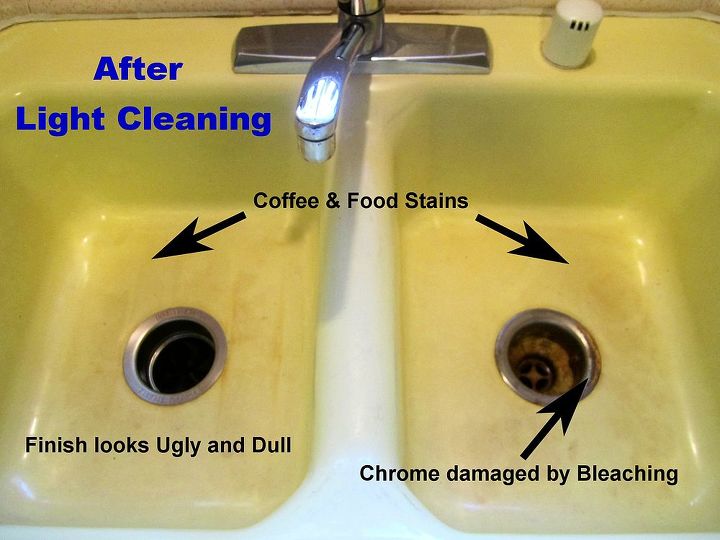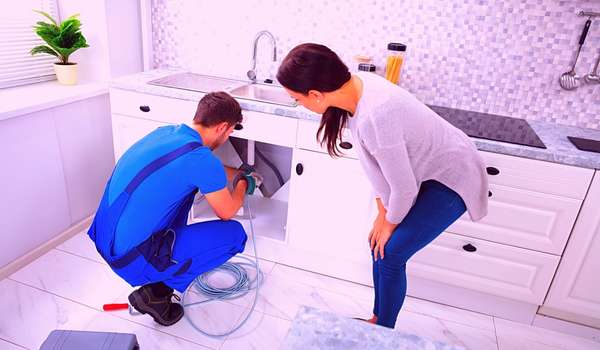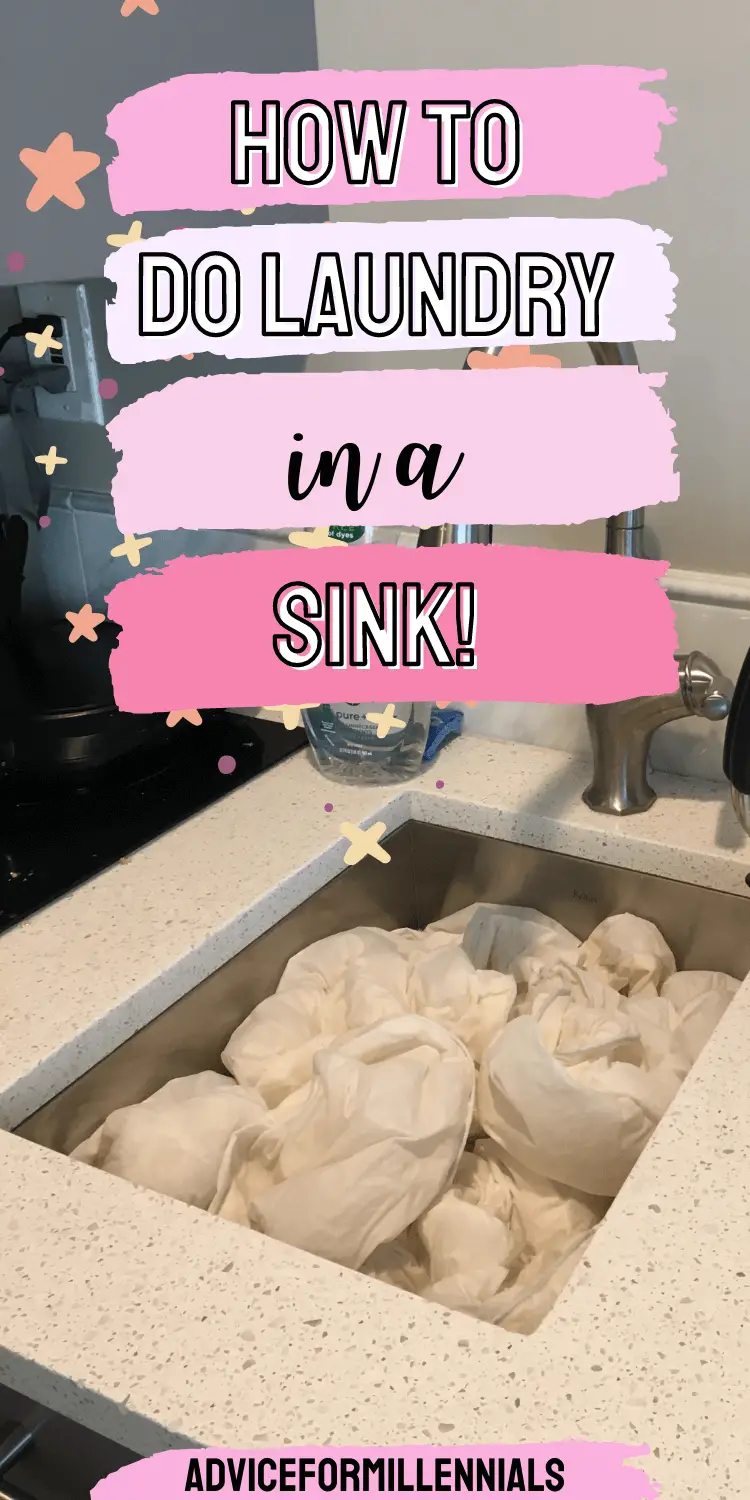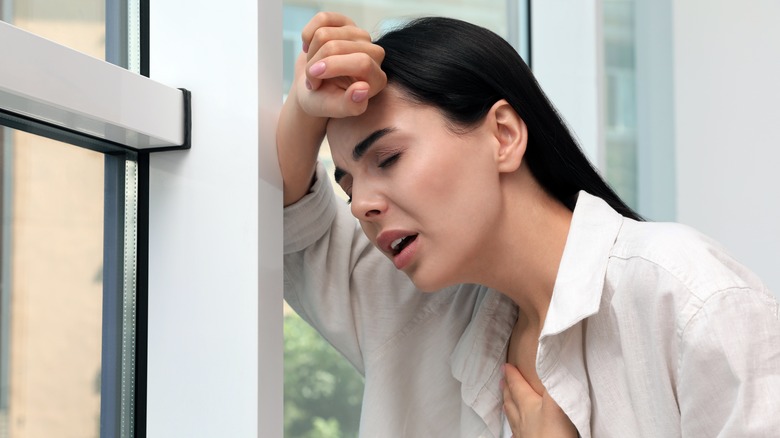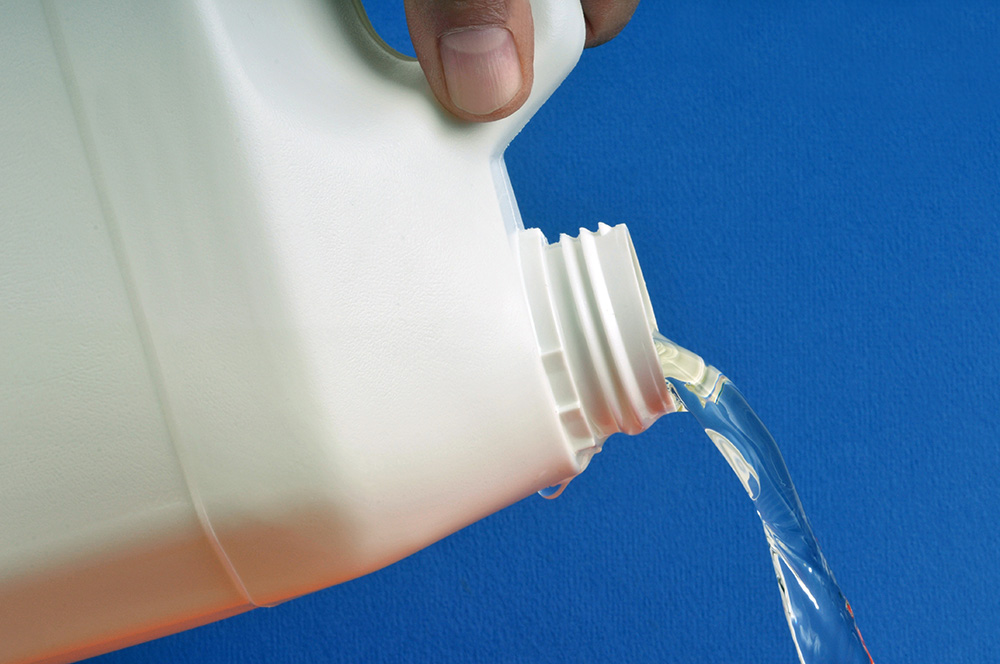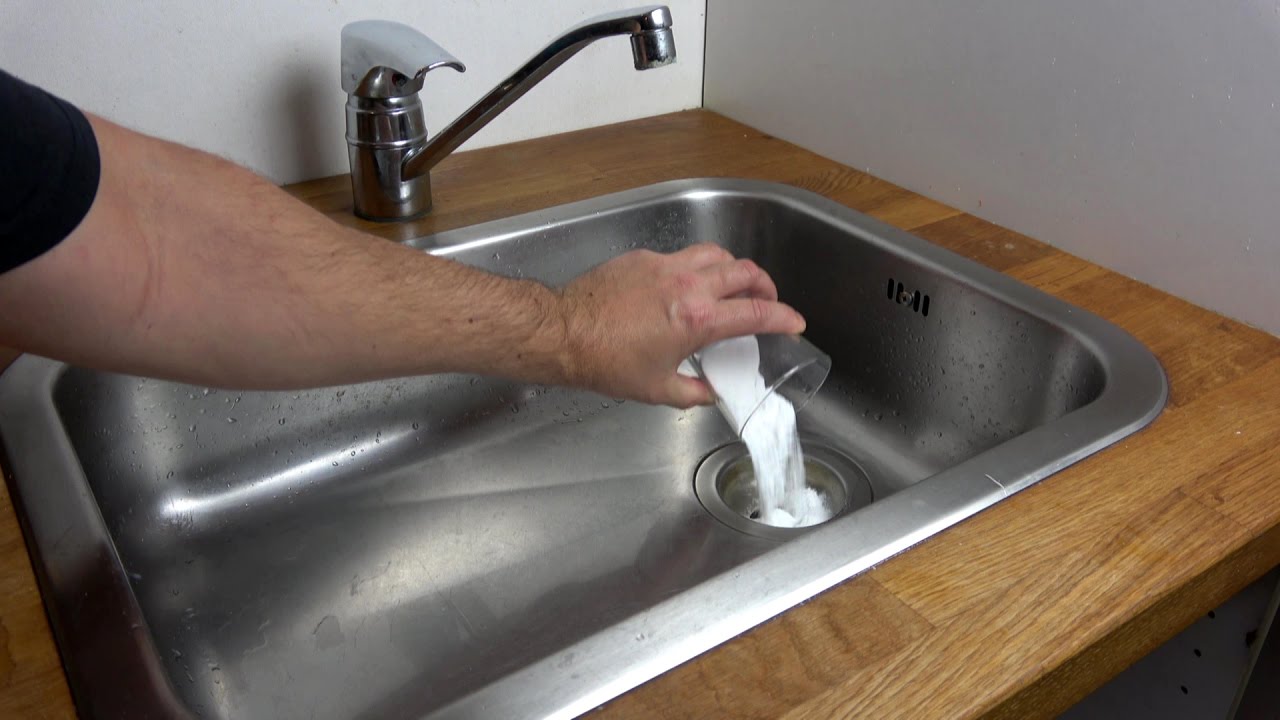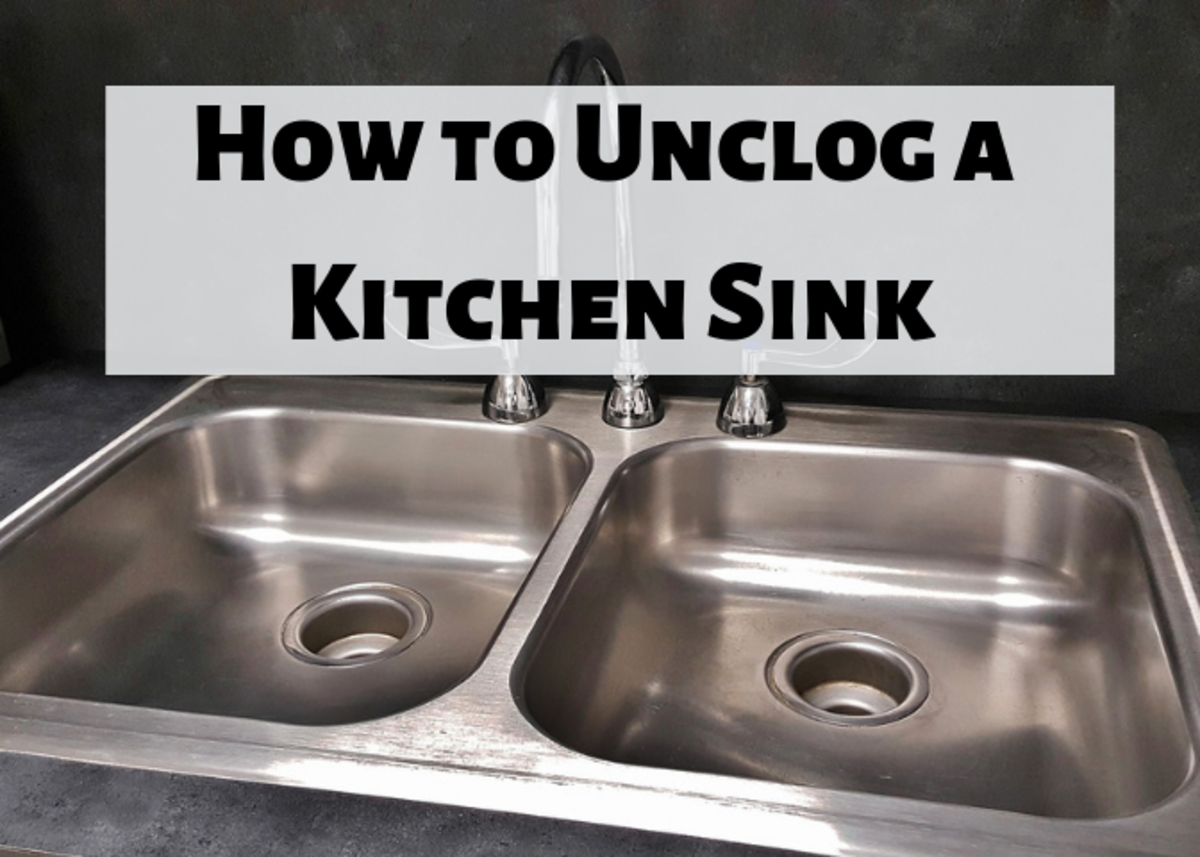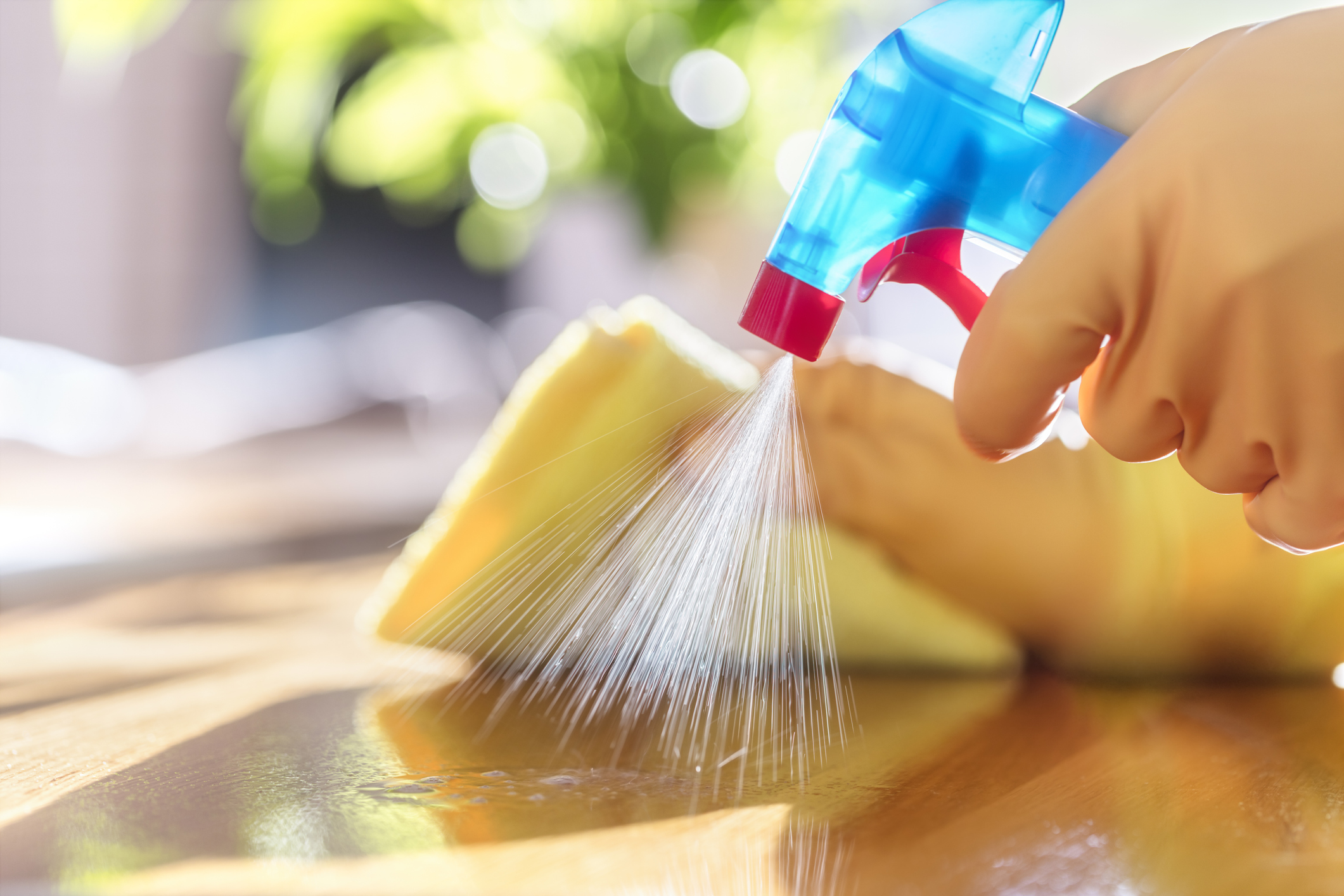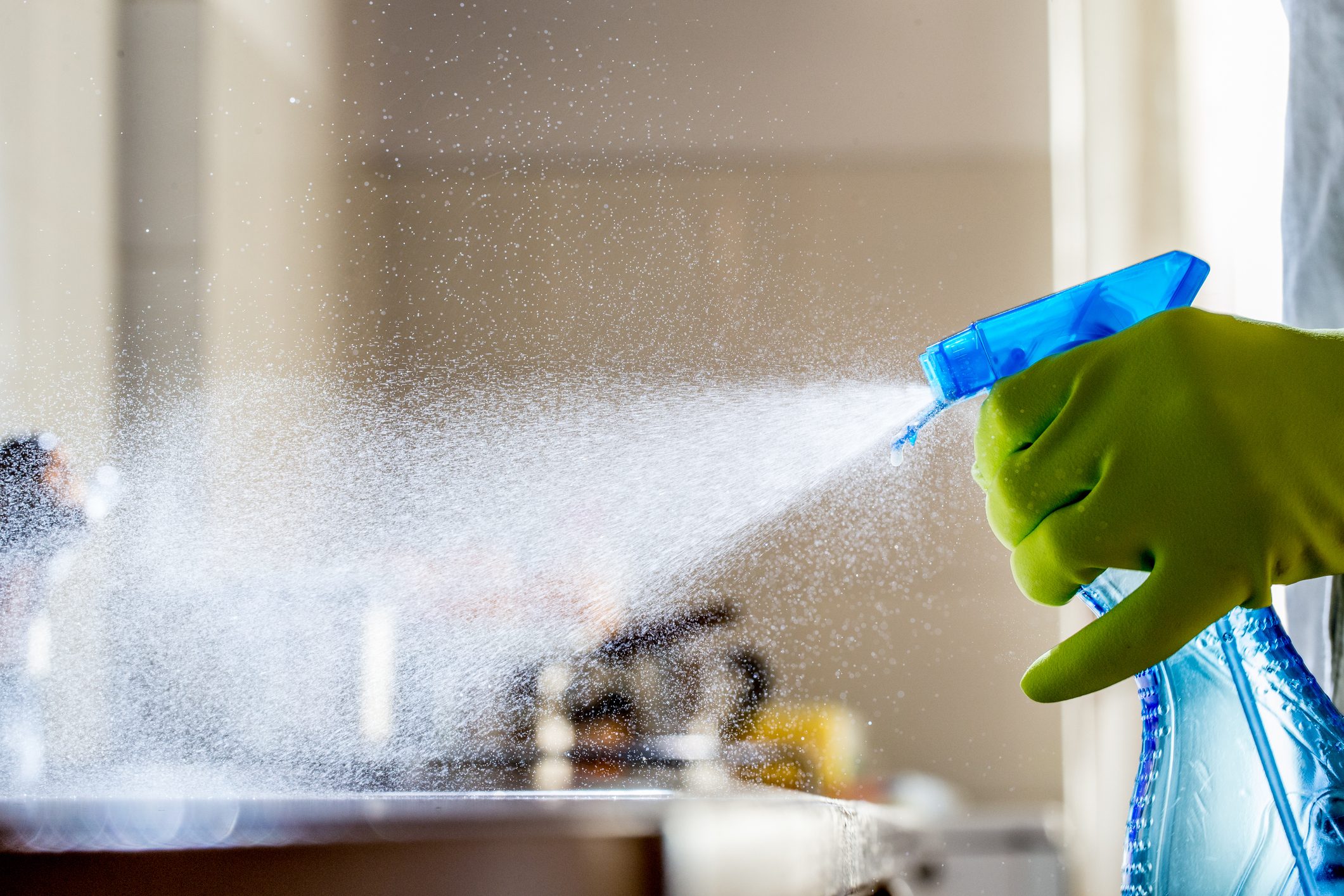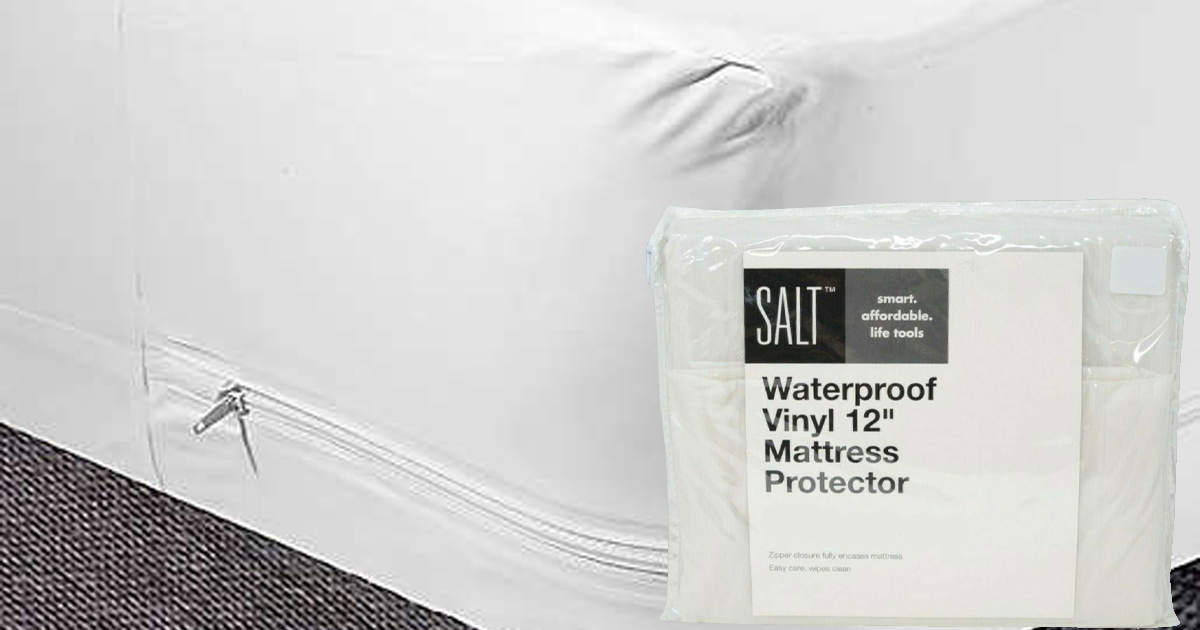Can I Pour Bleach Down My Kitchen Sink?
Many of us use bleach as a powerful and effective household cleaner, especially in the kitchen where bacteria and germs can easily thrive. However, when it comes to disposing of bleach, you may wonder if it's safe to pour it down your kitchen sink. Let's dive into this question and explore the potential risks and alternatives to pouring bleach down your sink.
Is It Safe to Pour Bleach Down My Kitchen Sink?
The simple answer is no, it is not safe to pour bleach down your kitchen sink. While bleach is a strong disinfectant and cleaner, it is also highly corrosive and can cause damage to your pipes and septic system. The chemicals in bleach can eat away at the pipes and cause them to weaken or even rupture over time. This can lead to costly repairs and potential health hazards.
What Happens If I Pour Bleach Down My Kitchen Sink?
If you do pour bleach down your kitchen sink, it will immediately start to work on breaking down any debris or grime in your pipes. However, this also means that it can damage the pipes themselves, causing them to weaken and potentially leak. In addition, if you have a septic system, the bleach can disrupt the balance of good bacteria that helps break down waste. This can lead to a backup in your septic tank and a whole host of issues.
Can Bleach Damage My Kitchen Sink?
Bleach is a harsh chemical that can damage not only your pipes but also your kitchen sink. It can cause discoloration, scratches, and even cracks in certain materials. If you have a stainless steel sink, the bleach can leave behind a dull and cloudy appearance. Additionally, if you have a garbage disposal, bleach can also damage its blades and cause it to malfunction.
How to Safely Dispose of Bleach in My Kitchen Sink
If you have used bleach to clean your kitchen sink and now need to dispose of it, there are safer and more environmentally friendly ways to do so. One option is to dilute the bleach with a large amount of water and then pour it down the sink. This will help to reduce the corrosive effects on your pipes. Another option is to neutralize the bleach with a mixture of water and baking soda before disposing of it.
Alternatives to Pouring Bleach Down My Kitchen Sink
If you're looking for alternatives to using bleach in your kitchen sink, there are plenty of options available. White vinegar is a natural and effective disinfectant that can be used to clean and deodorize your sink. Lemon juice also has antibacterial properties and can help to remove stains and odors. Another option is to use baking soda and hot water to scrub and disinfect your sink.
Properly Cleaning and Maintaining My Kitchen Sink
The best way to keep your kitchen sink clean and free of bacteria is to regularly clean and maintain it. This includes wiping down the sink after each use, using a natural cleaner, and avoiding pouring any harsh chemicals down the drain. It's also important to regularly check for any leaks or clogs and address them promptly to avoid bigger issues down the line.
Why Pouring Bleach Down My Kitchen Sink May Not Be a Good Idea
As we have discussed, pouring bleach down your kitchen sink can have damaging effects on your pipes and sink. It can also harm the environment and disrupt the balance of your septic system. Furthermore, bleach can also be harmful to your health if ingested or inhaled. It's essential to weigh the potential risks and consider alternative, safer options for cleaning and disinfecting your sink.
How to Unclog a Kitchen Sink Without Using Bleach
If your kitchen sink is clogged, you may be tempted to reach for the bleach to clear it out. However, there are other methods that are just as effective and won't damage your pipes. One option is to use a plunger to help dislodge the clog. You can also try using a mixture of baking soda and vinegar to break down the clog. For tougher clogs, a drain snake can be used to physically remove the blockage.
Eco-Friendly Ways to Clean and Disinfect My Kitchen Sink
If you're looking for more environmentally friendly ways to clean and disinfect your kitchen sink, there are a few options to consider. As mentioned before, white vinegar, lemon juice, and baking soda are all natural and effective cleaners. You can also look for eco-friendly and biodegradable cleaning products specifically designed for kitchen sinks. These products are often made from natural ingredients and are safe to pour down the drain.
In conclusion, while it may be tempting to pour bleach down your kitchen sink for a quick and powerful clean, it is not a safe or wise choice. The potential damage to your pipes, sink, and environment far outweigh the benefits. It's important to explore alternative cleaning methods and regularly maintain your sink to keep it clean and in good condition. By making small changes in your cleaning routine, you can have a sparkling and sanitized kitchen sink without the need for harsh chemicals like bleach.
Is It Safe to Pour Bleach Down Your Kitchen Sink?
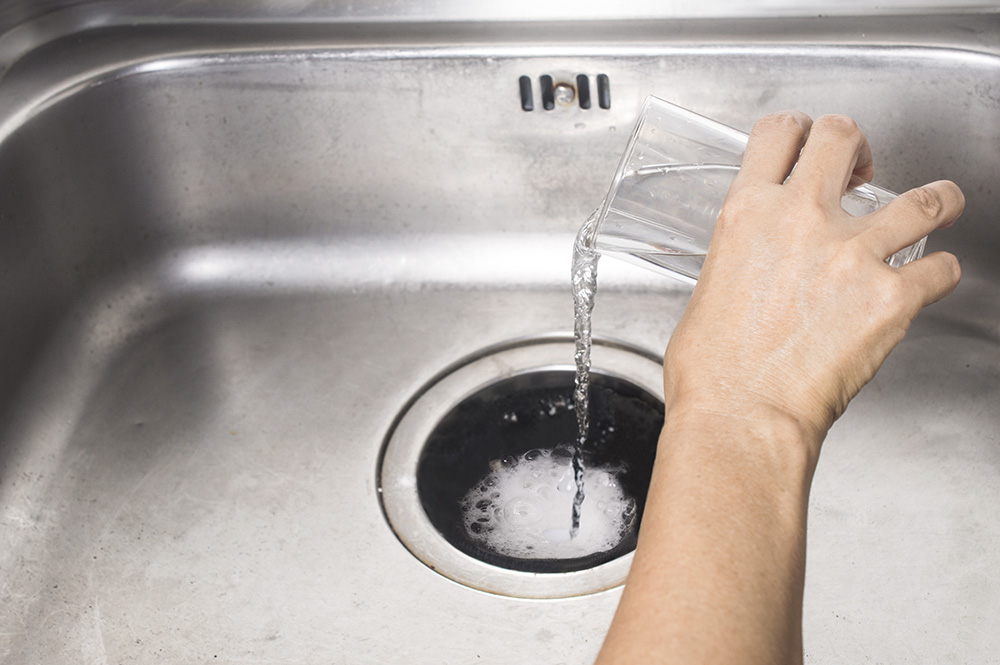
The Potential Dangers of Pouring Bleach Down Your Kitchen Sink
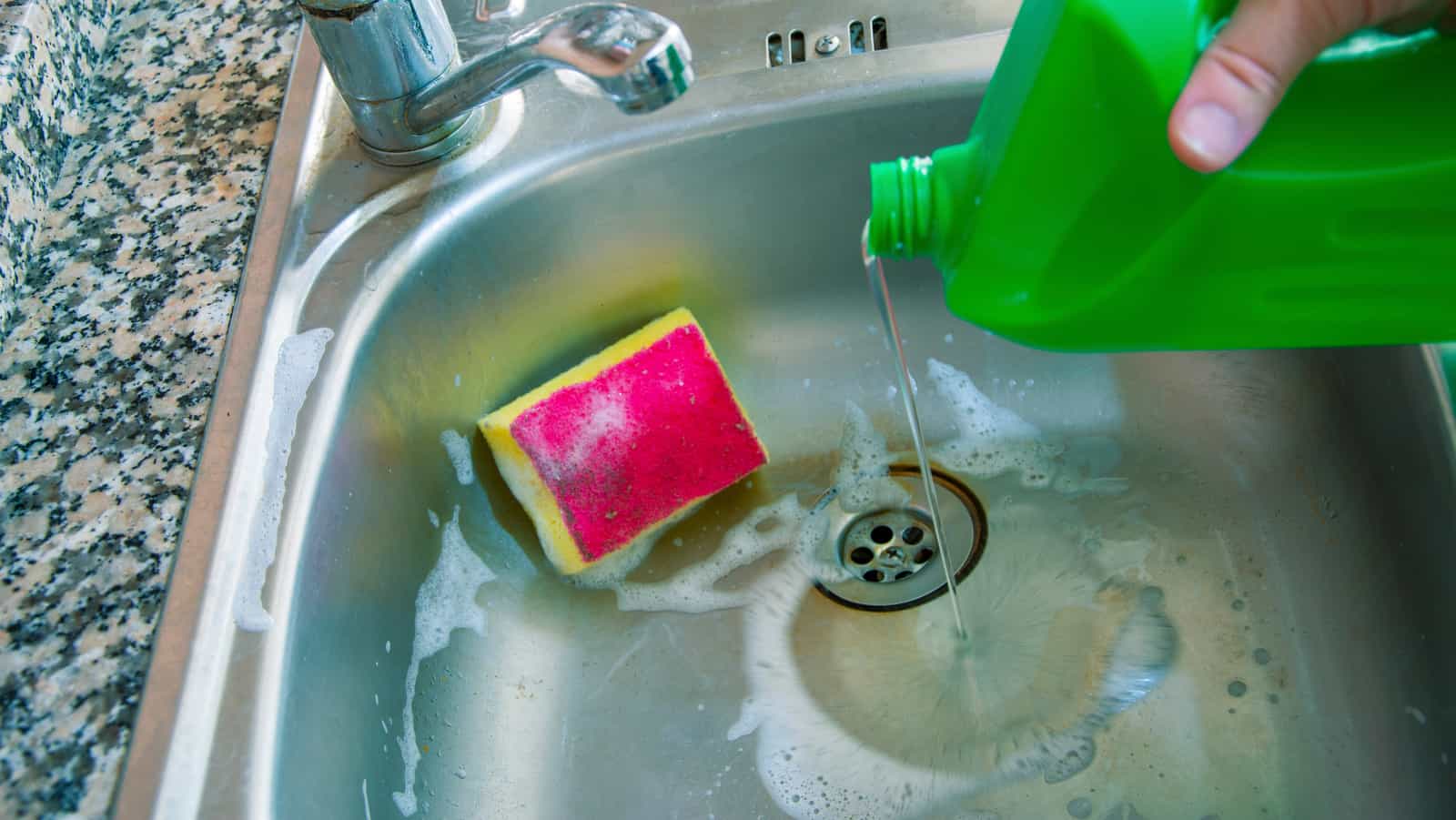 Bleach is a common household cleaning product that is used to disinfect and whiten surfaces, including kitchen sinks. While it may seem convenient to just pour some bleach down the drain to clean your sink, this practice can actually do more harm than good. Bleach is a powerful chemical that can damage your pipes and cause harm to the environment if not disposed of properly. In this article, we will discuss the potential dangers of pouring bleach down your kitchen sink and offer alternative cleaning solutions.
Bleach is a common household cleaning product that is used to disinfect and whiten surfaces, including kitchen sinks. While it may seem convenient to just pour some bleach down the drain to clean your sink, this practice can actually do more harm than good. Bleach is a powerful chemical that can damage your pipes and cause harm to the environment if not disposed of properly. In this article, we will discuss the potential dangers of pouring bleach down your kitchen sink and offer alternative cleaning solutions.
Corrosion of Pipes
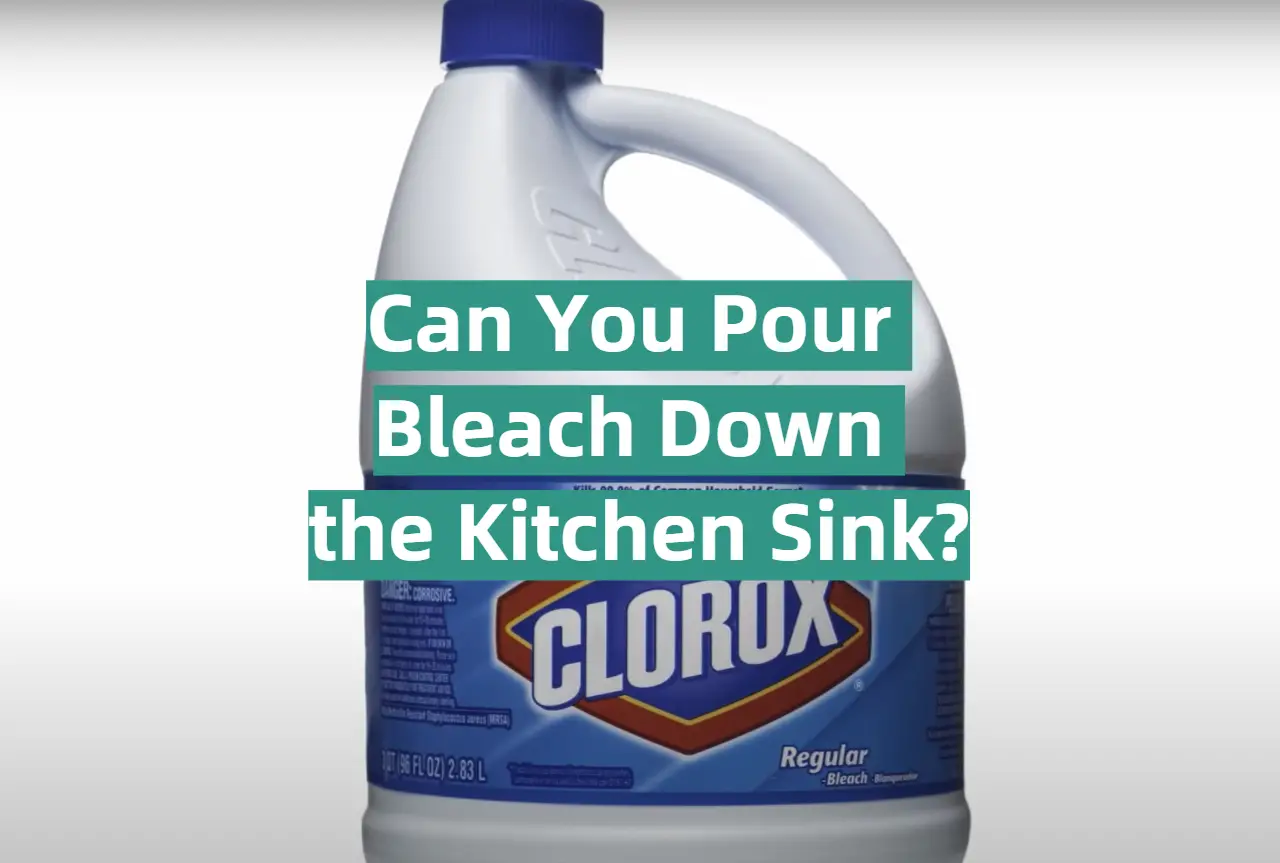 One of the main concerns when pouring bleach down your kitchen sink is the potential damage it can cause to your pipes. Bleach is a powerful corrosive agent that can eat away at the pipes over time. This can lead to leaks, clogs, and even burst pipes, which can be costly to repair. Furthermore, if you have older pipes made of metal, the bleach can cause them to rust and deteriorate even faster.
One of the main concerns when pouring bleach down your kitchen sink is the potential damage it can cause to your pipes. Bleach is a powerful corrosive agent that can eat away at the pipes over time. This can lead to leaks, clogs, and even burst pipes, which can be costly to repair. Furthermore, if you have older pipes made of metal, the bleach can cause them to rust and deteriorate even faster.
Harmful to the Environment
 Another important factor to consider is the impact of pouring bleach down your kitchen sink on the environment. When bleach is flushed down the drain, it enters the sewage system and eventually makes its way into rivers, lakes, and oceans. This can harm aquatic life and disrupt the delicate balance of our ecosystem. Additionally, bleach can react with other chemicals in the water, creating toxic byproducts that can be harmful to humans and animals.
Another important factor to consider is the impact of pouring bleach down your kitchen sink on the environment. When bleach is flushed down the drain, it enters the sewage system and eventually makes its way into rivers, lakes, and oceans. This can harm aquatic life and disrupt the delicate balance of our ecosystem. Additionally, bleach can react with other chemicals in the water, creating toxic byproducts that can be harmful to humans and animals.
Safe and Eco-Friendly Alternatives
 Fortunately, there are safe and eco-friendly alternatives to using bleach to clean your kitchen sink. One option is to use natural cleaning products such as vinegar and baking soda. These ingredients are non-toxic and can effectively clean and disinfect your sink without causing harm to your pipes or the environment. Another option is to invest in a enzyme-based drain cleaner, which uses natural enzymes to break down and remove clogs without damaging your pipes.
In conclusion
, while it may seem like a quick and easy solution, pouring bleach down your kitchen sink can have negative consequences. Not only can it damage your pipes, but it can also harm the environment. It is always best to opt for safer and more eco-friendly cleaning alternatives for the health of your plumbing system and the planet.
Fortunately, there are safe and eco-friendly alternatives to using bleach to clean your kitchen sink. One option is to use natural cleaning products such as vinegar and baking soda. These ingredients are non-toxic and can effectively clean and disinfect your sink without causing harm to your pipes or the environment. Another option is to invest in a enzyme-based drain cleaner, which uses natural enzymes to break down and remove clogs without damaging your pipes.
In conclusion
, while it may seem like a quick and easy solution, pouring bleach down your kitchen sink can have negative consequences. Not only can it damage your pipes, but it can also harm the environment. It is always best to opt for safer and more eco-friendly cleaning alternatives for the health of your plumbing system and the planet.



